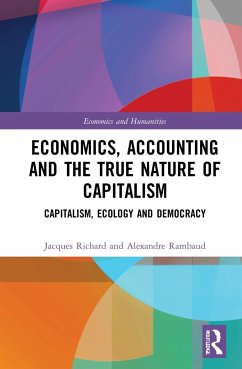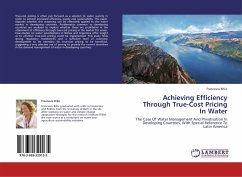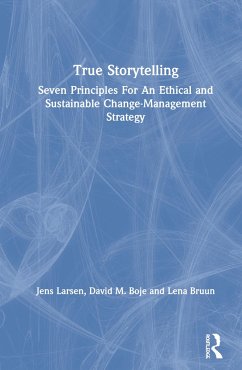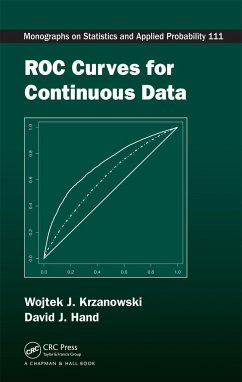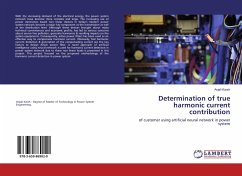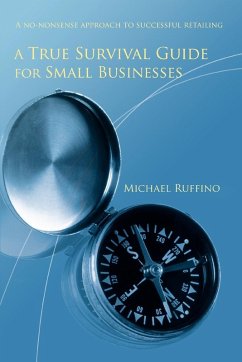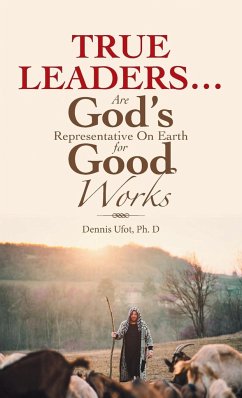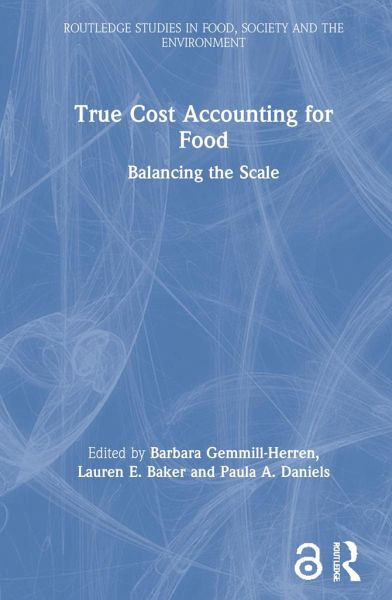
True Cost Accounting for Food
Balancing the Scale
Herausgeber: Gemmill-Herren, Barbara; Daniels, Paula A.; Baker, Lauren E.

PAYBACK Punkte
84 °P sammeln!
This book explains how True Cost Accounting is an effective tool we can use to address the pervasive imbalance in our food system. Calls are coming from all quarters that the food system is broken and needs a radical transformation. A system that feeds many yet continues to create both extreme hunger and diet-related diseases, and one which has significant environmental impacts, is not serving the world adequately. This volume argues that True Cost Accounting in our food system can create a framework for a systemic shift. What sounds on the surface like a practice relegated to accountants is u...
This book explains how True Cost Accounting is an effective tool we can use to address the pervasive imbalance in our food system. Calls are coming from all quarters that the food system is broken and needs a radical transformation. A system that feeds many yet continues to create both extreme hunger and diet-related diseases, and one which has significant environmental impacts, is not serving the world adequately. This volume argues that True Cost Accounting in our food system can create a framework for a systemic shift. What sounds on the surface like a practice relegated to accountants is ultimately a call for a new lens on the valuation of food and a new relationship with the food we eat, starting with the reform of a system out of balance. From the true cost of corn, rice and water, to incentives for soil health, the chapters economically compare conventional and regenerative, more equitable farming practices in and food system structures, including taking an unflinching look at the true cost of cheap labour. Overall, this volume points towards the potential for our food system to be more human-centred than profit-centred and one that has a more respectful relationship to the planet. It sets forth a path forward based on True Cost Accounting for food. This path seeks to fix our current food metrics, in policy and in practice, by applying a holistic lens that evaluates the actual costs and benefits of different food systems, and the impacts and dependencies between natural systems, human systems, agriculture and food systems. This volume is essential reading for professionals and policymakers involved in developing and reforming the food system, as well as students and scholars working on food policy, food systems and sustainability.




